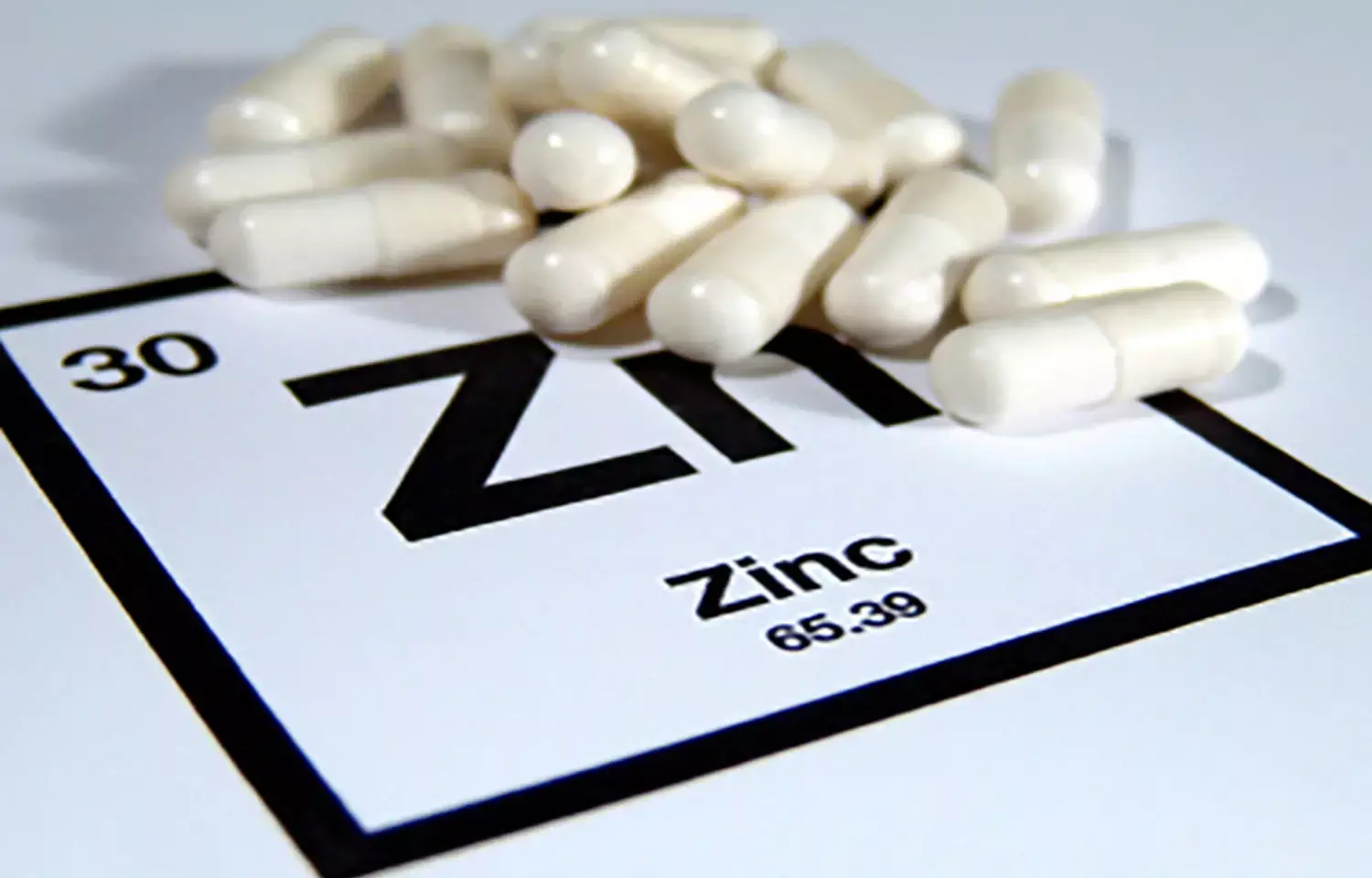- Home
- Medical news & Guidelines
- Anesthesiology
- Cardiology and CTVS
- Critical Care
- Dentistry
- Dermatology
- Diabetes and Endocrinology
- ENT
- Gastroenterology
- Medicine
- Nephrology
- Neurology
- Obstretics-Gynaecology
- Oncology
- Ophthalmology
- Orthopaedics
- Pediatrics-Neonatology
- Psychiatry
- Pulmonology
- Radiology
- Surgery
- Urology
- Laboratory Medicine
- Diet
- Nursing
- Paramedical
- Physiotherapy
- Health news
- Fact Check
- Bone Health Fact Check
- Brain Health Fact Check
- Cancer Related Fact Check
- Child Care Fact Check
- Dental and oral health fact check
- Diabetes and metabolic health fact check
- Diet and Nutrition Fact Check
- Eye and ENT Care Fact Check
- Fitness fact check
- Gut health fact check
- Heart health fact check
- Kidney health fact check
- Medical education fact check
- Men's health fact check
- Respiratory fact check
- Skin and hair care fact check
- Vaccine and Immunization fact check
- Women's health fact check
- AYUSH
- State News
- Andaman and Nicobar Islands
- Andhra Pradesh
- Arunachal Pradesh
- Assam
- Bihar
- Chandigarh
- Chattisgarh
- Dadra and Nagar Haveli
- Daman and Diu
- Delhi
- Goa
- Gujarat
- Haryana
- Himachal Pradesh
- Jammu & Kashmir
- Jharkhand
- Karnataka
- Kerala
- Ladakh
- Lakshadweep
- Madhya Pradesh
- Maharashtra
- Manipur
- Meghalaya
- Mizoram
- Nagaland
- Odisha
- Puducherry
- Punjab
- Rajasthan
- Sikkim
- Tamil Nadu
- Telangana
- Tripura
- Uttar Pradesh
- Uttrakhand
- West Bengal
- Medical Education
- Industry
Zinc may help with fertility during COVID-19 pandemic, researchers report

DETROIT - Wayne State University School of Medicine researchers have reported that zinc supplements for men and women attempting to conceive either naturally or through assisted reproduction during the COVID-19 pandemic may prevent mitochondrial damage in young egg and sperm cells, as well as enhance immunity against the virus.
In "Potential Role of Zinc in the COVID-19 Disease Process and its Probable Impact on Reproduction," published in Reproductive Sciences, Husam Abu-Soud, Ph.D., associate professor of Obstetrics and Gynecology and the C.S. Mott Center for Growth and Development, said that in addition to benefiting couples attempting to conceive during the pandemic, zinc supplementation of up to a maximum of 50 mg per day for all adults could be beneficial in enhancing immunity and fighting the viral disease process of COVID-19. https://link.springer.com/article/10.1007/s43032-020-00400-6
Dr. Abu-Soud and co-authors Ramya Sethuram, Reproductive Endocrinology and Infertility fellow, and medical student David Bai, reviewed the pathophysiology of COVID-19, particularly in relation to reproductive function. They found that zinc depletion in connection with the cytokine storm – the overreaction of the immune system that causes inflammation, tissue damage and possible organ failure in fighting COVID-19 – can cause mitochondrial damage and an accumulation of reactive oxygen species in the immature egg and sperm. The result could prevent reproduction and conception.
Zinc has beneficial effects as an antioxidant and anti-inflammatory agent, and could prevent or mitigate the damage in the egg and sperm cells that result from the body's immune reaction to the virus, Dr. Abu-Soud said. The use of zinc could improve embryo quality and potentially lessen some pregnancy complications.
He also noted that zinc can be beneficial to the general population in enhancing immunity and fighting the viral disease process. The element works by combating oxidative cell damage.
Zinc alone may be insufficient to reverse the process once widespread oxidative cell damage has occurred. However, if the supplement is administered to those infected with COVID-19 before the cytokine storm phase, zinc may assist in ameliorating disease progression in the mild and early phases by suppressing viral replication and preventing cell damage as a pro-antioxidant, the researchers said.
https://link.springer.com/article/10.1007/s43032-020-00400-6
Hina Zahid Joined Medical Dialogue in 2017 with a passion to work as a Reporter. She coordinates with various national and international journals and association and covers all the stories related to Medical guidelines, Medical Journals, rare medical surgeries as well as all the updates in the medical field. Email: editorial@medicaldialogues.in. Contact no. 011-43720751
Dr Kamal Kant Kohli-MBBS, DTCD- a chest specialist with more than 30 years of practice and a flair for writing clinical articles, Dr Kamal Kant Kohli joined Medical Dialogues as a Chief Editor of Medical News. Besides writing articles, as an editor, he proofreads and verifies all the medical content published on Medical Dialogues including those coming from journals, studies,medical conferences,guidelines etc. Email: drkohli@medicaldialogues.in. Contact no. 011-43720751


